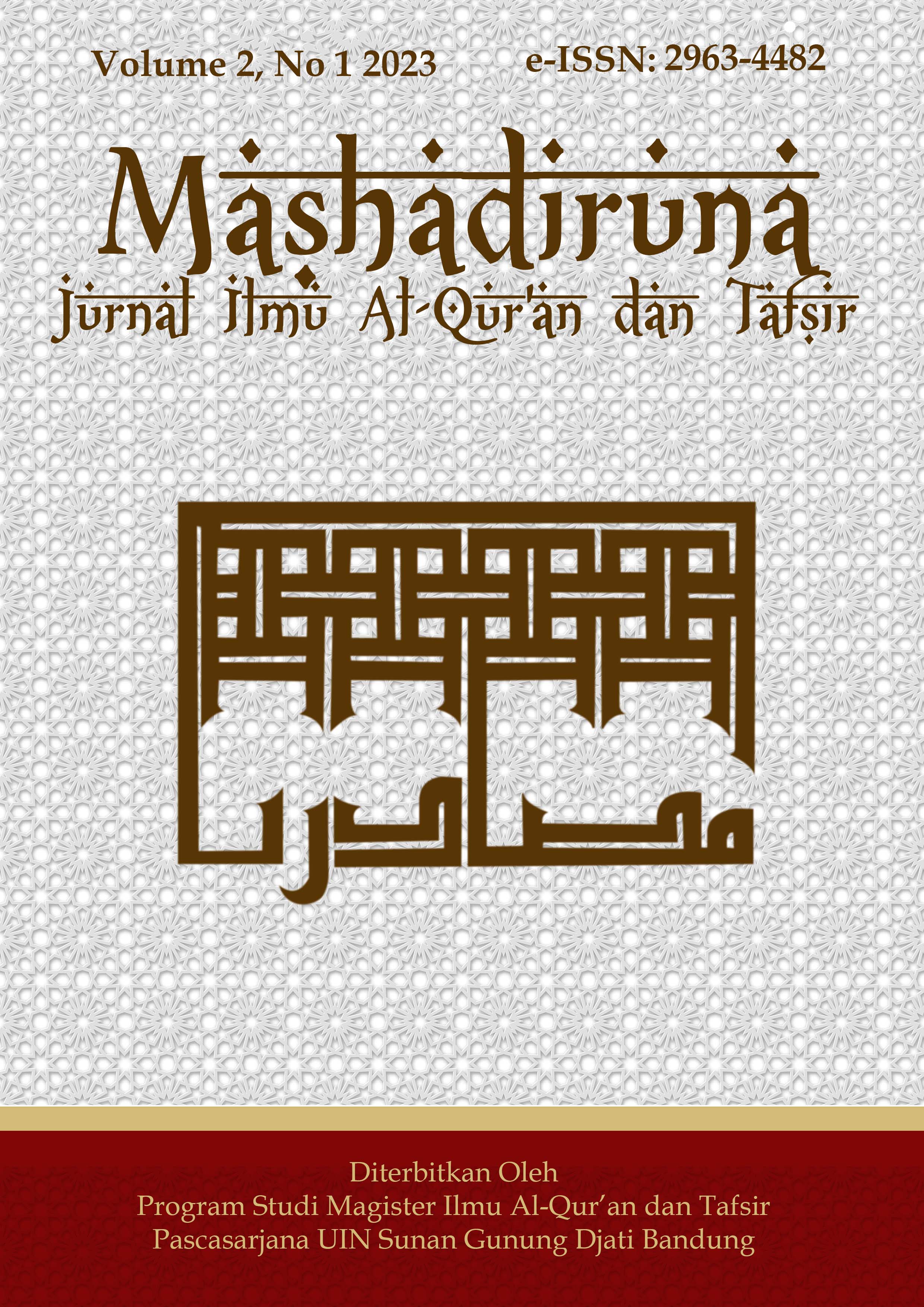Gender Equality Perspectives on Female Labor Force in West Bandung Regency
DOI:
https://doi.org/10.15575/mjiat.v2i2.25324Keywords:
Gender equality, Female employment, socio-cultural issuesAbstract
Research conducted in West Bandung Regency, West Java, Indonesia, reveals that the challenges to achieving gender equality stem from differences in perspectives between men and women regarding rights, obligations, roles, and social status. One of these discussions often revolves around the issue of gender equality in the labor force, primarily concerning the rights and responsibilities guaranteed to Indonesian citizens by the 1945 Constitution. Gender equality in employment is both a governmental responsibility to protect citizens' rights and has cultural underpinnings. There still exist several institutional and socio-cultural barriers to improving gender equality in the workforce, including workers' awareness of their rights and the bargaining power of female employees. Therefore, it is believed that the government should play a crucial role in promoting gender equality by strengthening the enforcement of gender equality laws in the labor sector and enhancing labor market oversight. Furthermore, increasing awareness of gender equality among female workers and providing social protection for women in the informal sector is essential.
References
Arniati, I. A. K. (2020). Pandangan Gender Pada Smerti Dalam Perkembangan Modern.
Azisah, S., Mustari, A., Masse, A., Kara, S. A., Babcock, T., Dzuhayatin, R., Bertulfo, L., Hasyim, S., & Jaharuddin, W. (2016). Kontekstualisasi Gender, Islam dan Budaya. Makassar: Alauddin University Press.
Madhiya, N. (2021). Perspektif Gender dalam Tafsir Kontemporer.
Martiany, D. (2011). Implementasi Pengarusutamaan Gender (PUG) Sebagai Strategi Pencapaian Kesetaraan Gender (Studi di Provinsi Sumatera Utara dan Jawa Tengah). Aspirasi: Jurnal Masalah-Masalah Sosial, 2(2), 121–136.
Mulia, S. M. (2015). Muslim family law reform in Indonesia (A progressive interpretation of the Qur an). Al-Mawarid Journal of Islamic Law, 15(1), 42613.
Nuraeni, Y., & Suryono, I. L. (2021). Analisis Kesetaraan Gender Dalam Bidang Ketenagakerjaan Di Indonesia. Nakhoda: Jurnal Ilmu Pemerintahan, 20(1), 68–79.
ROCHMAH, A. M. (2007). Mansour Fakih dan Transformasi Sosial Studi Pemikiran Mansour Fakih mengenai Transformasi Sosial di Indonesia. Fisipol UGM Jurusan Ilmu Pemerintahan.
Saguni, F. (2020). Dinamika Gender Dalam Masyarakat. Musawa: Journal for Gender Studies, 12(2), 207–227.
Santrock, J. W. (2002). Life-span development.
Sasongko, S. S. (2009). Konsep dan Teori gender. Jakarta: BKkbN.
Sastrawati, N. (2018). Laki-Laki dan Perempuan Identitas Berbedah Analisis Gender dan Politik Perspektif Post-Feminisme.
Yusrini, B. A. (2017). Tenaga kerja wanita dalam perspektif gender di Nusa Tenggara Barat. AL-MAIYYAH: Media Transformasi Gender Dalam Paradigma Sosial Keagamaan, 10(1), 115–131.
Downloads
Published
Issue
Section
License
Authors who publish with this journal agree to the following terms:
- Authors retain copyright and grant the journal right of first publication with the work simultaneously licensed under a Creative Commons Attribution License that allows others to share the work with an acknowledgment of the work's authorship and initial publication in this journal.
- Authors are able to enter into separate, additional contractual arrangements for the non-exclusive distribution of the journal's published version of the work (e.g., post it to an institutional repository or publish it in a book), with an acknowledgment of its initial publication in this journal.
- Authors are permitted and encouraged to post their work online (e.g., in institutional repositories or on their website) prior to and during the submission process, as it can lead to productive exchanges, as well as earlier and greater citation of published work (See The Effect of Open Access).
